Role and Function
The term "Local Government" refers to the system in which 68 local Councils operate in South Australia. The Constitution Act 1934 (SA), the Local Government Act 1999 (SA), and the Local Government (Elections) Act 1999 (SA), create the legal framework within which Local Government operates and the four-yearly election process which underpins the representative nature of Local Government Councils. More than one in three people voluntarily choose to exercise their democratic right by voting in Council elections.
Democratically elected members make up Local Government Councils and with staff support and in partnership with their local communities they manage more than $8 billion worth of community infrastructure and invest about $1 billion a year in providing services to people who live, work, do business in, and visit the local Council area.
As with other democratically elected governments, ie the State and Federal Governments, Councils have powers to raise revenue (primarily through Council rates) to provide and maintain infrastructure and services, to regulate activities (such as building development) and to impose penalties if local regulations are breached (for example dangerous dog attacks).
The Local Government system in SA is integral to the democratic system of government in Australia which provides vital economic, social and environmental support for communities.
Our Council Administration operates in accordance with an array of legislation and is tasked with implementing the decisions of Council. The Council may delegate many of its powers, functions or duties to a Council committee, officer or employee of the Council and such delegations are recorded in the Delegations Manual and these are required to be reviewed at least once in each financial year.
In a properly functioning Local Government there is a clear separation of roles and responsibilities (as defined by the Local Government Act 1999) and a common view of the goals and results to be achieved on behalf of our community.
